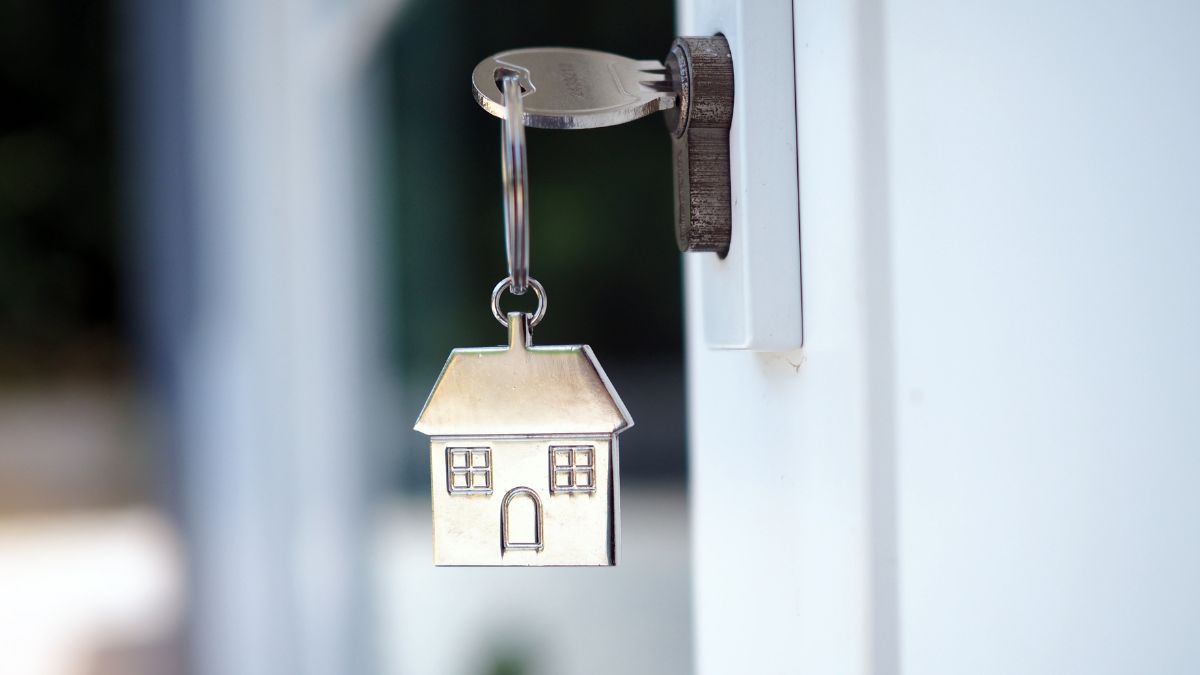This case study examines the challenges faced by Adam and Chloe, a young couple, as they attempt to renovate their newly purchased unit in Sydney’s inner south before moving in. It highlights the complexities of strata regulations, the importance of timely communication and the financial implications of delays in property renovations.

Adam and Chloe, a young professional couple, recently married and living together for three years, are purchasing their first property—a unit in Sydney’s inner south. They currently rent a small unit in the area for $1,000 per week and have saved diligently to afford their new home. The new purchase is an older property that needs some updates. Before moving in, they plan to upgrade the bathroom, add an additional toilet, and modernise the kitchen. The work is non-structural and includes replacing bathroom tiles, changing and adding power outlets and modifying plumbing and electrical wiring. They have lined up contractors and the work is expected to take five weeks.
Having spoken to friends who own units, Adam and Chloe believe informing the strata manager is a mere formality. On the day of settlement, they write to the strata manager to announce their intention to start renovations immediately. However, they are informed that until the section 22 Notice (the formal document that changes ownership) is received, the Owners’ Corporation cannot acknowledge them as owners and work cannot proceed.
Adam and Chloe contact their solicitors, who handled the purchase, about the section 22 Notice. It takes several days for their solicitors to act and send the notice to the strata manager. Believing they can now start their renovations, they approach the strata manager again, only to learn that the work requires the approval of the Owners’ Corporation at a General Meeting. This step necessitates detailed plans, a full scope of works, a professionally drafted by-law and the contractors’ proof of insurance and waterproofing certificates. Adam and Chloe employ their solicitors to draft the by-laws and work with their contractors to gather the necessary documents.
With only one month left on their rental lease, Adam and Chloe must obtain all these documents before the meeting. The plans and full specifications take three and a half weeks, and the by-law cannot be drafted until they have the details from their contractors. They did not wish to move in until the work was completed and now need to find short-term storage for their possessions and move in with Adam’s parents in Western Sydney due to their lease ending. This situation causes significant stress as they feel uncertain about a positive outcome.
The documents are finally sent to the strata manager, who then arranges a General Meeting of the Owners. This takes an additional frustrating three weeks due to the strata legislation. Adam and Chloe have to change a couple of contractors due to availability issues. The motion to approve the work is deemed a “Special Resolution,” meaning if more than 25% of the unit entitlement of the owners who attend the meeting vote against it, the motion fails, and Adam and Chloe cannot commence their planned renovations.
Unfortunately, several owners vote against the motion for various reasons. The by-law detailing the work failed to mention how Adam and Chloe’s contractors would protect the carpet, the work schedule and the potential need for council approval due to plumbing changes.
A correct by-law needs to be submitted and Adam and Chloe now need to have the by-law redrafted and provide additional documentation.
Their solicitors have charged them $2,250 for the original by-law and a further $550 for the redrafting which will take a further 2 weeks.
Upon receiving this updated by-law the strata manager arranges a further meeting in 16 days.
Adam and Chloe still can’t move in and renting is costing them an additional $11,000 – plus the by-law cost of $1,450.

The Solution – A Different Scenario
When Adam and Chloe exchanged contracts, they engaged Steadman Williamson Hart. This allowed SWH to access the Owners’ Corporation records to review the existing Strata Plan and By-Laws. They checked for any pre-existing by-laws about moving procedures, deposits for common property damage and any historical issues.
SWH then advised Adam and Chloe on what was needed to prepare a document package for the Strata Manager. This package included:
- The necessary motions for the General Meeting Agenda.
- A by-law tailored to Adam and Chloe’s works.
- All supporting documents.
- A Section 22 Notice to be completed by the solicitors.
The cost for SWH to send this package for approval was between $2,200 and $3,300. Adam and Chloe could submit the package to the strata manager on the same day the Section 22 Notice was issued, without needing to re-submit.

